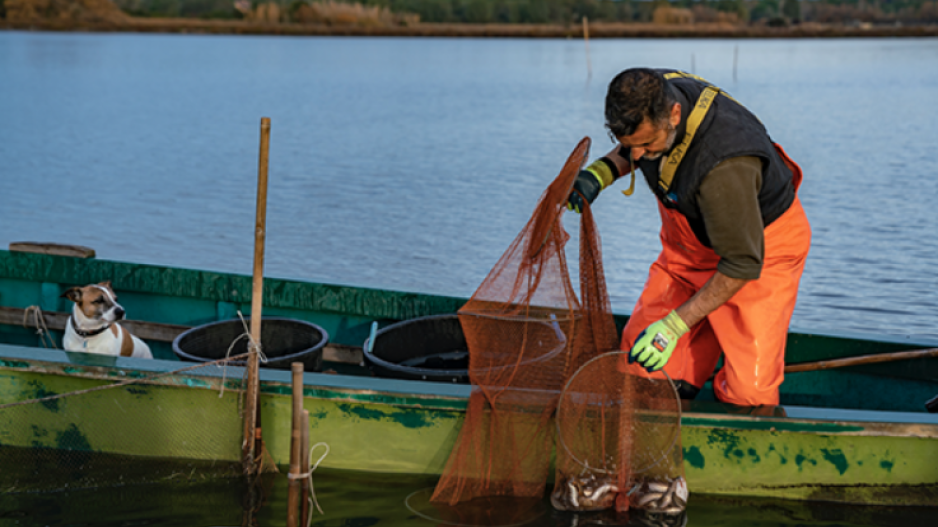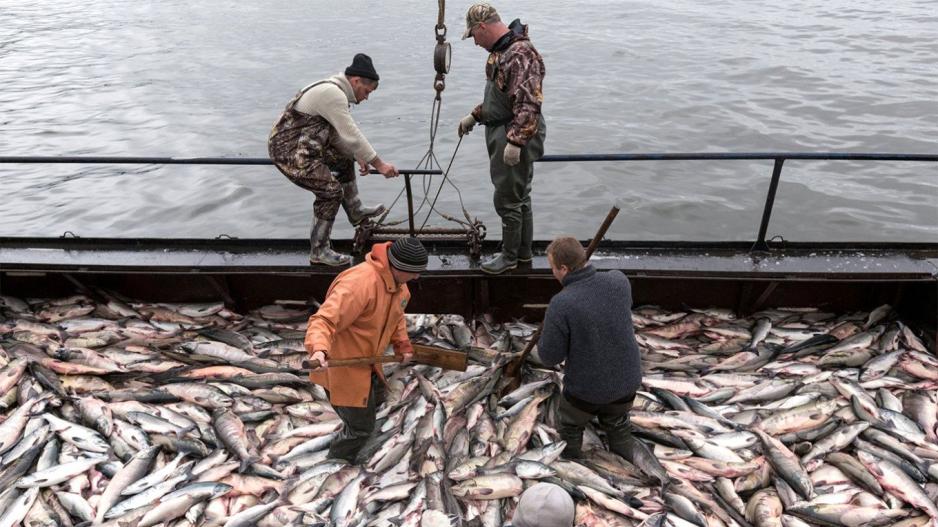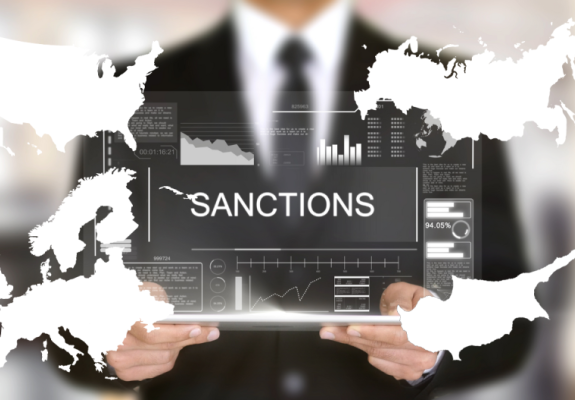EU Imports 71% of Its Consumed Fish
European Fishery's Struggle for Sustainability and Fair Competition
Europe risks losing its food autonomy, at least regarding fish, as imports from outside the EU already represent more than 71% of the total volume of fish consumed in the European Union. This statistic comes from the latest report by the Employer's Union in the fishing industry (Fedepesca).
The report revealed that 69% of imported fish come from the United States, Morocco, and Peru. Javier Garat, the General Secretary of the corresponding Spanish association, warns that the problem is "very similar to that of farmers and livestock breeders throughout the European Union": As he states, "the strong regulatory pressure for environmental reasons leads to the adoption of regulations that professional fishermen find impossible to comply with. Some regulations even threaten the very survival of the sector."
The European Union is the world's main market for fish and fishing products and the fourth largest producer globally, following China, the rest of Asia, and America.
According to Fedepesca's data, while the European fishing fleet totaled 86,818 vessels in 2013, this number had decreased to 74,551 by 2021, meaning 12,262 fewer vessels. "Fishermen fear administrative storms more than those at sea," says Garat. He adds that fishermen must be central to the discussion on EU fishing policy and demands "equal competition for all."
Fishermen protest because their non-EU counterparts do not comply with the same environmental mechanisms required of Europeans, resulting in imported fish being available at lower prices.

The fishing fleets are not the only ones affected. Maria Luisa Alvarez, the general director of Fedepesca, states that "Brussels' environmental obsession endangers many fishmongers," leading to the closure of thousands of shops in recent years.
Fedepesca speaks of "unfair competition from fishing groups entering the European market without minimum guarantees of social and environmental sustainability." The fishing sector, as the Union points out, knows its dependence on the health of marine ecosystems and is the first to be interested in protecting seas and oceans to safeguard its future and activities. However, it argues that the strict regulatory pressure in Europe is pushing the fishing sector to the brink.






